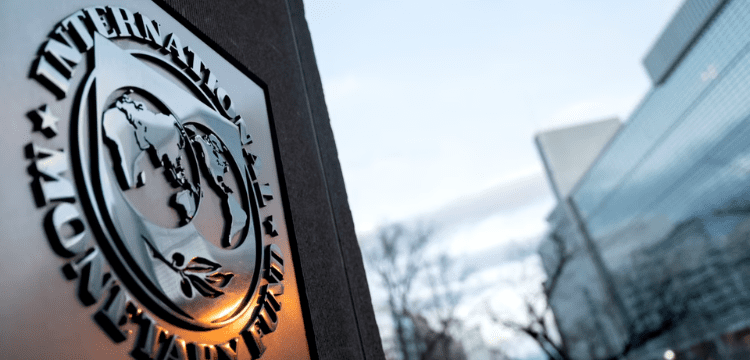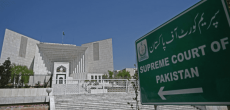[vc_row][vc_column][vc_column_text dp_text_size=”size-4″]KARACHI: Pakistan’s external financing needs have not changed as a result of talks with the International Monetary Fund over bailout funds, according to the IMF’s resident representative in Pakistan, who denied local media reports that the Fund was seeking new funding.
“There is no truth to reports that the IMF is asking Pakistan to raise $8 billion in fresh financing,” Esther Prez Ruiz told Reuters in a text message on Sunday.
Prez Ruiz stated that external funding requirements had not changed during the review, which would unlock $1.1 billion in financing for cash-strapped Pakistan as part of a $6.5 billion IMF package.
Also Read: IMF wants Pakistan to raise $8 billion from other sources.
The review has been delayed at the staff level since November, with nearly 100 days passing since the last staff-level mission to Pakistan — the longest such delay since at least 2008.
The IMF reiterated on Thursday that obtaining commitments on external financing from friendly countries is required before the IMF approves the release of bailout funds.
In March and April, the United Arab Emirates, Saudi Arabia, and China came to Pakistan’s aid with pledges to cover a portion of the funding gap.
According to data released on Thursday, the State Bank of Pakistan’s reserves fell $74 million to $4.38 billion, or just over a month’s worth of imports.
During a seminar on Thursday, Finance Minister Ishaq Dar stated that Pakistan would not default, with or without the IMF, and that the country could not afford to take any additional harsh measures to accommodate the IMF.
Pakistan has reversed its decision to implement a fuel cross-subsidy that had alarmed the IMF.
Prez Ruiz stated that Pakistani authorities committed to the IMF during last month’s spring meetings that the cross-subsidy scheme would not be implemented in fiscal year 2023 or later. She described the scheme as “typically regressive and vulnerable to abuse.”
“The recently announced fuel cross-subsidy scheme introduces new quasi-fiscal and balance-of-payments risks, and it is vulnerable to fraud,” she added.[/vc_column_text][/vc_column][/vc_row]











